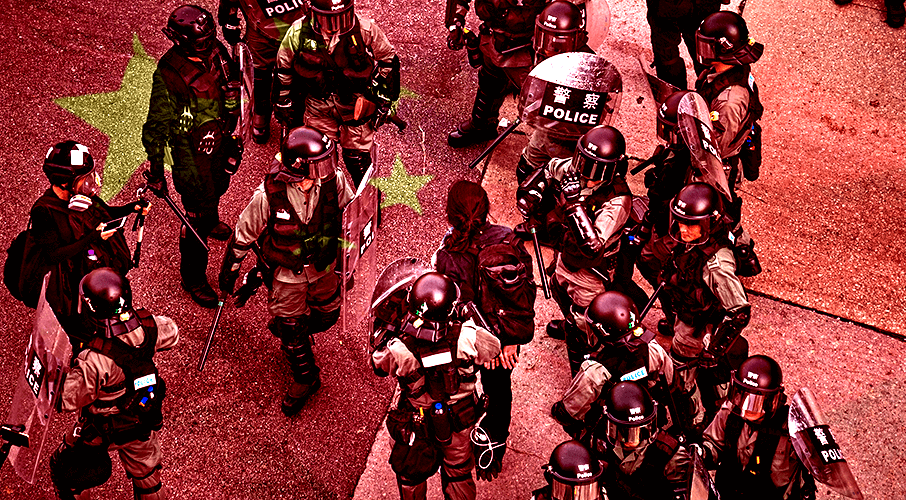 Aspirational entreaties by the West paved a path with the raw materials of good intentions, leading to this moment, where almost all the arrangements of the post-Cold War world are apocalyptically afire and where China replaced Russia as our principal rival in international development, writes Shuvaloy Majumdar in the National Post. Below is an excerpt, which can be read in full here.
Aspirational entreaties by the West paved a path with the raw materials of good intentions, leading to this moment, where almost all the arrangements of the post-Cold War world are apocalyptically afire and where China replaced Russia as our principal rival in international development, writes Shuvaloy Majumdar in the National Post. Below is an excerpt, which can be read in full here.
By Shuvaloy Majumdar, May 28, 2020
On July 1, 1997, from the balcony of Hong Kong’s parliamentary building, Martin Lee, a pro-democracy politician, promised that, “The flame of democracy has been ignited and is burning in the hearts of our people. It will not be extinguished. Nay, it will only grow stronger.” Today, Hong Kong’s father of democracy is on trial during the city’s darkest hour, while the Communist Party of China wreaks havoc midway through a half-century deal that was supposed to assure the freedom for Hongkongers.
Beijing’s betrayal is not only against the people of Hong Kong, but constitutes a direct assault on the international rules-based system. National security legislation introduced by Beijing’s National Party Congress last week, against the provisions of Hong Kong’s constitutional Basic Law, breaks open a new fault line in international relations. It marks Beijing’s permanent departure from the rules-based order and a radical imposition of its own China Model of governance.
For the People’s Republic of China, Hong Kong’s submission under Chinese sovereignty has held eternal primacy, over the island’s stability or its economic potential. How that sovereignty would ultimately be ordered was the subject of negotiations between Chinese Leader Deng Xiaoping and British Prime Minister Margaret Thatcher a quarter century ago, at the height of the Cold War.
During her negotiations in the early 1980s, Thatcher was counselled by Lee Kuan Yew, Singapore’s founding prime minister, who advised her that, “It would be folly to think that the Chinese would abandon their claim to sovereignty for economic reasons.” Forced to choose between waging war to liberate Hong Kong from colonial treaty obligations versus negotiations attempting to entrench its democracy and partner with mainland reform, Thatcher chose the latter.
***TO READ THE FULL ARTICLE, VISIT THE NATIONAL POST HERE***




